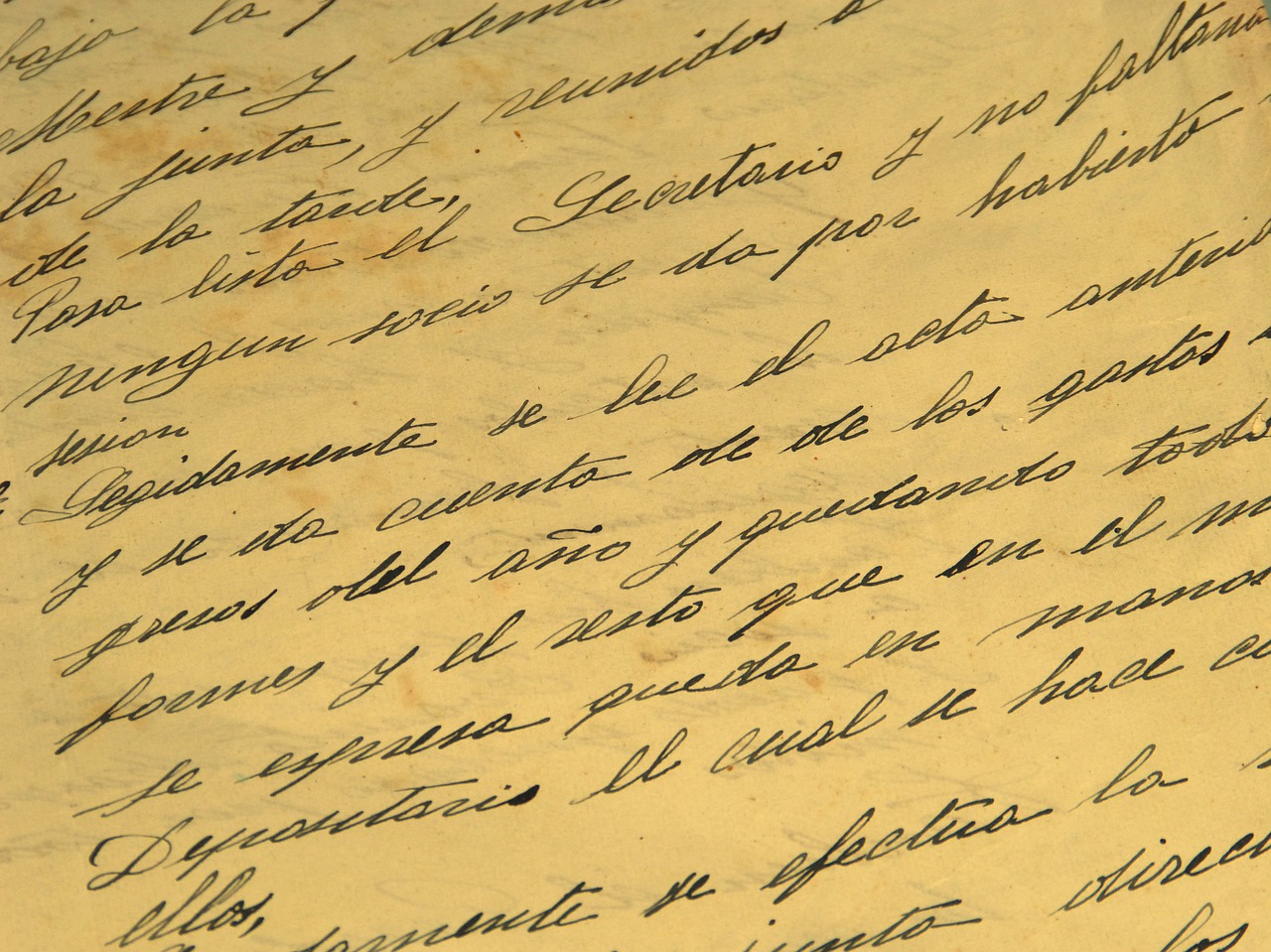One and Many Truths Artistically Acknowledged
Exploring the Concept of 'Truth Universally Acknowledged' in Pride and Prejudice and The Marriage of Heaven and Hell
DOI:
https://doi.org/10.31273/eirj.v5i2.234Keywords:
truth, Jane Austen, Pride and Prejudice, William Blake, The Marriage of Heaven and Hell, Friedrich NietzscheAbstract
Jane Austen’s Pride and Prejudice and William Blake’s The Marriage of Heaven and Hell both question, criticise and reinterpret the concept of ‘truth universally acknowledged’. From the intrinsic relation between the particular and the universal, to the scission between impressions and ideas, Pride and Prejudice concerns some elements of the entire dispute of knowledge. Moreover, The Marriage of Heaven and Hell urges us to reconsider any truth that we recognise as legitimately established, in the attempt to convey that it is our right and duty to determine what we believe – according to our senses, perceptions and feelings. In the eighteenth century, the philosophers of the Enlightenment were indeed disputing the origins of truth and more importantly the ways through which truth is uncovered. In a postmodern world, when, as John D. Caputo remarks, the only universality we acknowledge is diversity, fiction can lead us toward a more profound comprehension of reality – while enriching the flux of our imagination as we perceive the infinite possibilities inherent in human life. This literary approach to the world and its truth prompts us to contemplate existence from a different perspective, to find new meanings presumably hidden beneath the subjectivity of our judgement – to separate specific from universal knowledge. For, even if the prospect of formulating a commonly accepted norm of truth will always endure as humanity’s major interest, the real nature of our beliefs is inseparable from our ability to endlessly create, envision and conceive the unrevealed.
Downloads

Downloads
Published
Issue
Section
License
Authors who publish with this journal agree to the following terms:
Authors retain copyright and grant the journal right of first publication with the work simultaneously licensed under a Creative Commons Attribution License (CC-BY), which permits use and redistribution of the work provided that the original author and source are credited, a link to the license is included, and an indication of changes which were made. Third-party users may not apply legal terms or technological measures to the published article which legally restrict others from doing anything the license permits.
If accepted for publication authors’ work will be made open access and distributed under a Creative Commons Attribution (CC-BY) license unless previously agreed with Exchanges’ Editor-in-Chief prior to submission.
Authors are able to enter into separate, additional contractual arrangements for the non-exclusive distribution of the journal's published version of the work (e.g., post it to an institutional repository or publish it in a book), with an acknowledgement of its initial publication in this journal.
Authors are permitted and encouraged to post their work online (e.g., in institutional repositories or on their website) prior to and during the submission process, as it can lead to productive exchanges, as well as earlier and greater citation of published work. (see: The Effect of Open Access)
